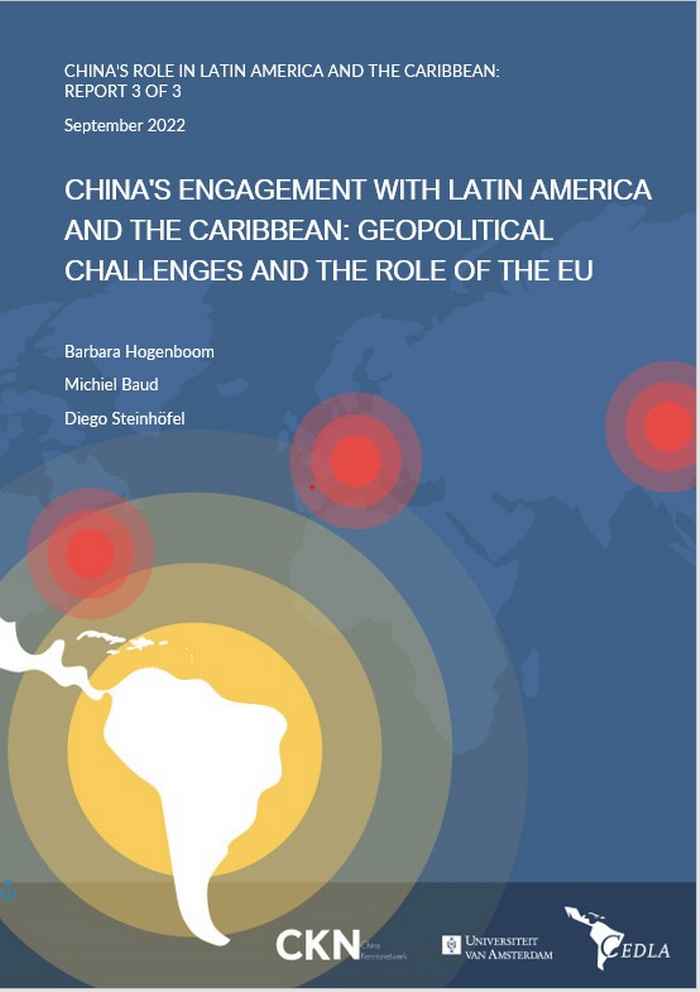New report: China's engagement with Latin America and the Caribbean: Geopolitical challenges and the role of the EU
30 September 2022

Now that tensions between China and the US, and to some extent the EU, are increasingly pervading the international arena, all international actors need to adapt their relations and strategies. Simultaneously, the war in Ukraine is probably foreshadowing a new long Cold War with Russia. The position of China in this polarization is still unclear.
While the shape of future China–US tensions and shifts in the geopolitical world order are unpredictable, there is no doubt that we are in a phase of profound global changes. These tensions are leading to increased China–US competition. The open rivalry between the US and China is currently becoming apparent in the LAC region.
For the US it is not easy to reinstate its position in the LAC region. The Summit of the Americas in June 2022 showed a lack of a clear strategy on the part of the US, as well as an ambiguous quest for a more autonomous position on the part of the LAC governments. The economies of the two superpowers remain interconnected, but in the future their tensions could result in deep decoupling and confrontation. Currently, the EU is also demonstrating a hardening of its posture towards China and Chinese interests, and with the uncertainties ahead the EU needs to develop coherent international strategies, including for EU-LAC relations.